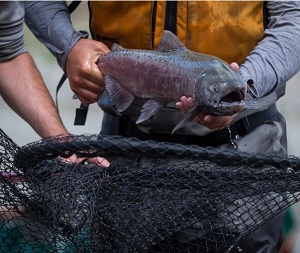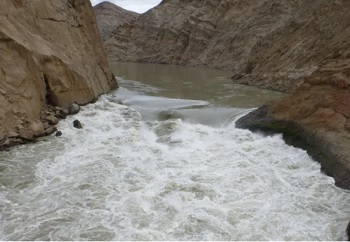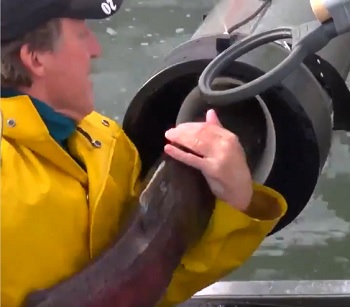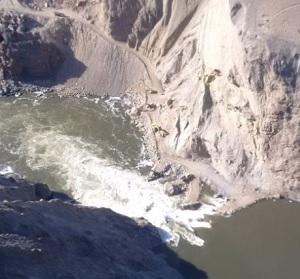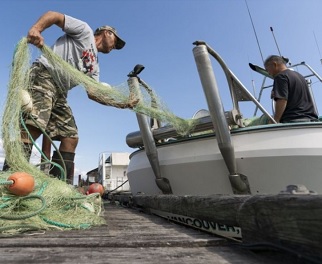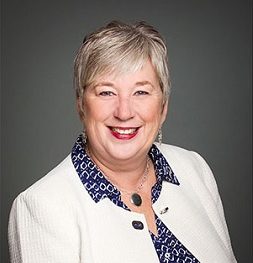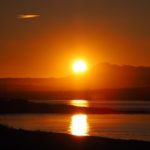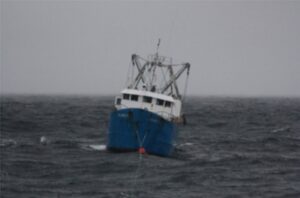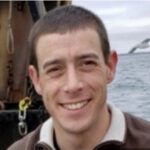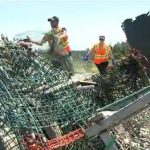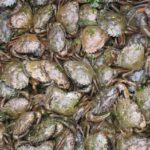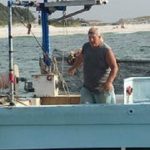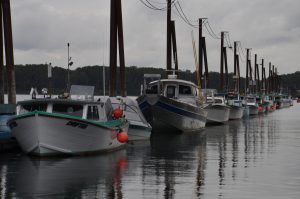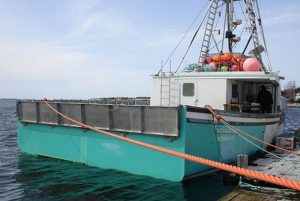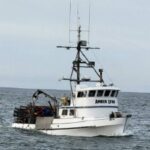Tag Archives: British Columbia
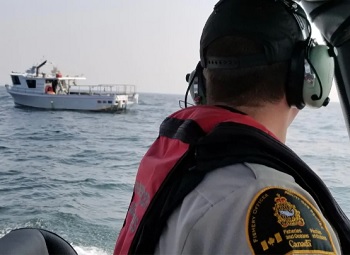
Fisheries officials seize 316 Canadian crab traps set in U.S. water, along with four vessels as part of annual sting
“You have people who push the envelope because it may be worth it for them to do that if they don’t get caught, because there’s money in crab — there’s good money in crab,” he said. “Sometimes getting caught and getting fines may be the price of doing business.” Demsky estimates each set of gear — including a trap, float, ropes and radio frequency ID chip — would cost about $500 to replace. DFO will seek the forfeiture of all of them, and the courts will decide whether the fishers will face fines, the loss of their fishing license or vessels. The fines are often several thousand dollars, but can to go a maximum of $500,000 for a first-time offender, according to Demsky. >click to read< 08:10
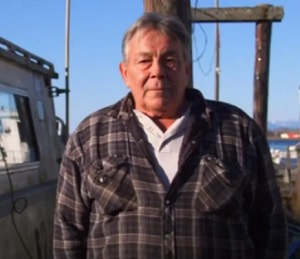
Ronald Sparrow, defendant in major Indigenous rights case, has died
Ronald (Bud) Sparrow, a major figure for B.C. First Nations who was a defendant in a Supreme Court case that defined Indigenous fishing rights in Canada, has died. The Musqueam Nation said in a written statement that Sparrow passed away on Sept. 14, and described him as “a quiet, determined and proud member of Musqueam.” “As a skilled and accomplished commercial fisher, he travelled up and down the west coast of B.C. to provide for his family and community,” the statement read in part. Sparrow was the defendant in the renowned “Sparrow Case,” which was decided by the Supreme Court of Canada in 1990. >click to read< 11:17
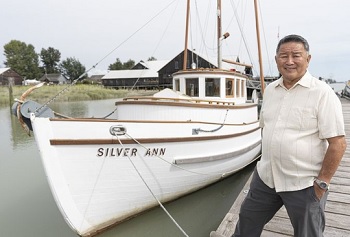
Japanese Canadian fishermen and their families are part of Richmond’s enduring and rich maritime history.
Growing up next to Brittania shipyards in an enclave of cannery homes owned by B.C. Packers was a “Huck Finn-ish existence,” said Higo, 71, who offered Postmedia a little storytelling of his own in support of the event on Sunday. Higo, the son of a fisherman, grew up riding his bike along a boardwalk that ran from No. 2 road all the way to Steveston, and cutting through the shipyards, playing on the wharfs, clambering over seiner nets laid out to dry and watching fish being unloaded. “This was before WorkSafeBC regulations,” said Higo. “The area was one big playground for children.” Higo’s father Frank was a fisherman, who trolled for Coho and spring salmon in Ucluelet and the San Juan Straits.“It was tradition for the sons to fishing with their fathers, but my father wanted a different life for my brother and I,”,, >click to read< 11:05
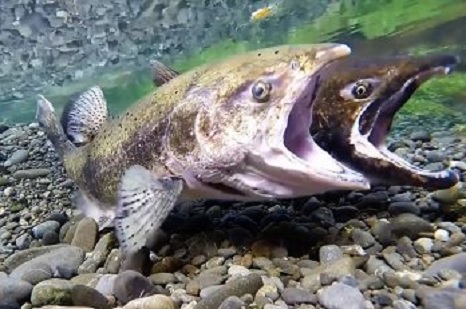
Sockeye Collapse: First Nations call for halt to B.C. salmon fishery on the Fraser River
First Nations leaders in British Columbia are calling for an emergency order from the federal government to close the sockeye salmon fishery on the Fraser River and declare it exhausted. “Without a doubt, it’s collapsed,” said Robert Phillips, an executive with the First Nations Summit and First Nations Leadership Council of B.C., in an interview with Global News on Wednesday. In an Aug. 14 report, the Pacific Salmon Commission projected a record low return this year, with just 283,000 salmon expected to make it to spawning grounds. It’s a less than a third of a projection in July, when as many as 940,000, >click tp read< 19:11
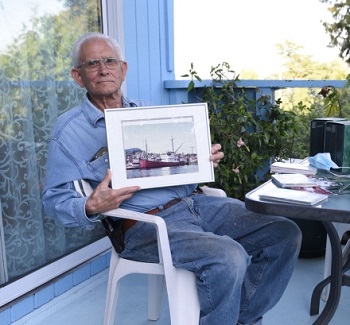
F/V Arctic Fox II remembered as ‘huge part’ of Gibson’s fishing community
As the fishing community comes to terms with the losses, a former owner remembers The Arctic Fox II’s ties to Gibsons fishing culture. It began with a cod war between England and Iceland in the 1970s. At the time Ivan Tentchoff and his wife were running an environmental summer camp. They gave children a chance to explore coastal waters from Powell River to Alaska onboard the Arctic Loon and the Arctic Fox. They were on the hunt for a larger boat to make bigger crossings. That’s how Tentchoff, now 91, ended up in the Scottish fishing town of Fraserburgh. That’s where he struck gold. >click to read< 12:00

Five B.C. First Nations say salmon decision shows systemic racism at DFO
The five Nuu-Chah-Nulth First Nations are upset that Ottawa decided to give a surplus allocation of salmon — which arose this year due to reduced recreational fishing during the COVID-19 pandemic — to commercial fishers rather than to the First Nations. Clifford Atleo, lead negotiator for one of the nations who is also called Wickaninnish, says he feels sports and commercial troll fishers are given more rights to fish in the waters off the west coast of Vancouver. He says the latest decision to shut First Nations fishers out of an opportunity to catch more chinook salmon this year shows systemic racism is “alive and well” within the federal fisheries department. >click to read< 08:52
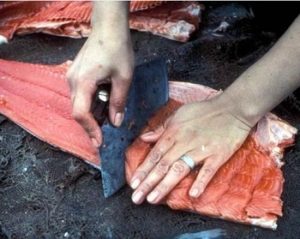
Alaska and B.C.’s salmon runs expected to be worst ever recorded
Salmon returns on the west coast look bleak this year. Alaska’s salmon returns have been so poor that some communities already are claiming fishery disasters. The socket salmon run on B.C.’s Fraser River is expected to be the worst ever recorded,, in Alaska, the Cordova City Council passed a resolution last week, asking the state to declare disasters for both the 2018 Copper River sockeye and chinook salmon runs and the 2020 sockeye, chum and chinook runs at the Copper River and Prince William Sound,, The Pacific Salmon Commission (PSC) says this year may turn out to be the worst for sockeye salmon in the Fraser River since tracking began in 1893, >click to read< 12:56
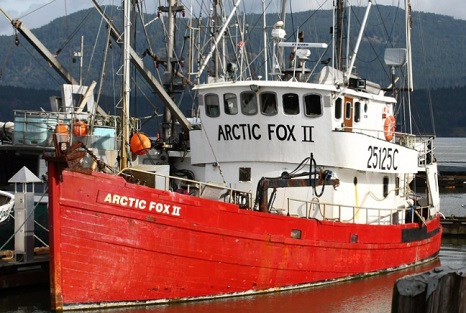
2 confirmed dead, one rescued after fishing boat sinks off Vancouver Island
Two men are dead and another man has been rescued after their fishing boat sank off Vancouver Island Tuesday. On Tuesday afternoon, the B.C. Coroners Service confirmed it was investigating at least one death in the incident. The coroner confirmed a second body had been recovered late Tuesday evening. “Both bodies were flown to Victoria where a coroner took jurisdiction of investigations of two deaths, both involving Canadians,” said B.C. Coroners Service spokesperson Andy Watson. >click to read< 07:45
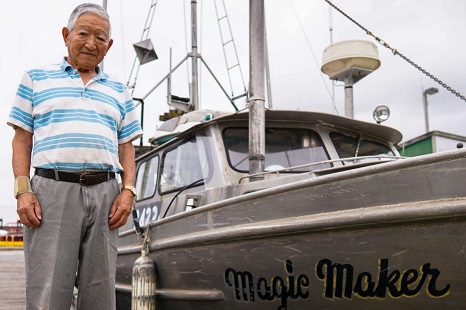
Three generations of the Hamada family have fished British Columbia’s coast. Will the latest outlive the salmon they seek?
The Hamadas tell me this story on a November night in 2019 in their one-story home built by Satoshi, tucked away in the heart of Richmond, a city that borders Vancouver. They moved into the house five months after Dereck was born. Huddled around a kitchen table better suited for two people, Satoshi, Dereck, June, and I peer over fishing catch receipts, dated newspaper clippings, and black-and-white photographs scattered across the tabletop, illuminated by bright-white kitchen lights overhead. Our conversation was supposed to have happened at sea aboard the Three generations, the family boat built by Satoshi in 1967. Dereck and Satoshi had invited me to join them on a chum fishing trip to mark Satoshi’s 66 years of fishing on the BC coast. Instead, we have gathered indoors, to look back on 2019, the year that everything changed. >click to read< 10:34
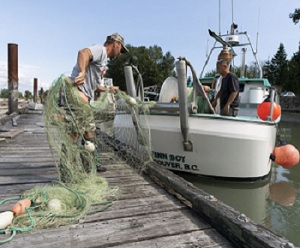
Fraser River sockeye fishery to stay closed because of concerns about the stocks
The department said in a notice Tuesday that Fraser River sockeye forecasts are “highly uncertain” at this time. Fraser River sockeye returns from 2015 and 2016 were forecast at 941,000 in total. Last year, the returns of 485,900 were the lowest since record keeping began in 1893. The other major challenge for this year’s sockeye — along with chinook, coho, and steelhead — is that they have to get through the site of the November 2018 Big Bar landslide on the Fraser River upstream of Lillooet. Despite installing infrastructure to help salmon, that area will “continue to be an impediment,” >click to read< 14:56
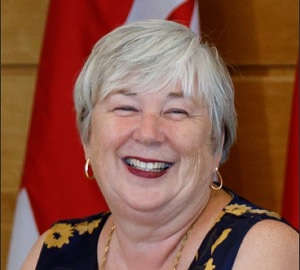
8 more wild salmon restoration projects to receive funding in B.C.
Fisheries Minister Bernadette Jordan addressed the Greater Vancouver Board of Trade on Tuesday, saying climate change and increasing demand for seafood products has put unprecedented pressure on Pacific wild salmon. The latest projects will receive about $10.5 million from the joint federal and provincial fund established in 2018 to help the recovery of stocks in steep decline.,,, “Speaking to British Columbians, I want to assure you that our government is moving ahead with the transition from open-net pens,” she said, adding Ottawa will develop a comprehensive process to ensure all voices are heard in the decision-making process. >click to read< 10:24
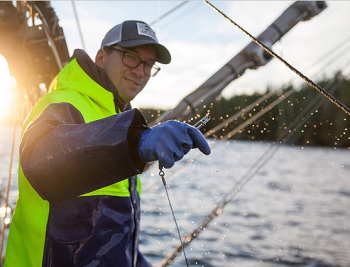
“Why can’t I buy fresh, local fish?” – Locally caught fish are scarce in fishing towns, an irony one Sointula family is working to change
It’s a new way of doing business for Jordan Belveal, a fourth-generation fisherman. Instead of selling to wholesalers, who almost always export the catch, Belveal and his family are marketing their catch directly to consumers in a new community supported fishery venture called Island Wild Seafoods. It could be an answer to the perpetual, “Why can’t I buy fresh, local fish?” question, repeated in fishing towns all over Vancouver Island. “So many people approach us looking to buy seafood, complaining that they just can’t find halibut, or lingcod or spot prawns,, With each inquiry of where to buy fresh fish, the Belveals thought more about selling it direct. >click to read< 09:17
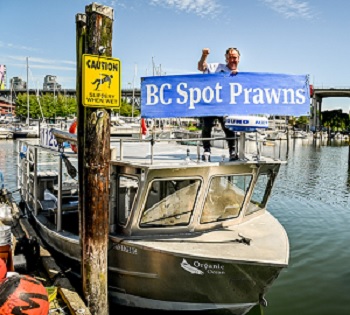
Shrimper Steve, the Spot Prawn King
Before the mid-2000s, when the first Spot Prawn Festival took place in Vancouver and The 100-Mile Diet was published, nearly all of B.C.’s spot prawns were sent overseas. The shellfish were brand new to most consumers, explains Steve Johansen, a fisherman with Organic Ocean who sold 100-Mile-Diet author J.B. MacKinnon his first spot prawns and launched the festival with Vancouver chef Rob Clark in 2007. “Even people who lived in B.C. all their lives didn’t know what a spot prawn was, and the other half of those people thought tiger prawns were from B.C., whereas they’re all raised in Southeast Asia.” Spot prawns are the largest of seven commercially harvested shrimp species in British Columbia. >click to read< 09:32
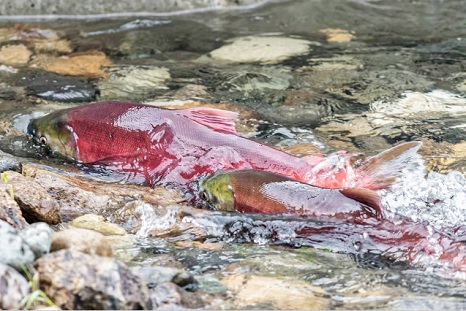
Opinion: The politically corrupt management of the wild salmon resource in Canada is a sinking ship
Salmon are forest creatures. When forest structures are in decline, creatures of the forest including wild salmon are in decline. When the forest is gone, wild salmon creatures of the forest are gone. When wild salmon are gone, creatures of the fishing industry are gone. When the fishing industry is gone, viability in coastal communities and dependent businesses are gone. When coastal viability structures are gone, coastal people are caught within a downward financial collapse. Younger people are forced to move from home-based coastal areas in search of viable employment. What happened? by Tom Gray, >click to read< 09:25

Government of Canada takes action to address threats to struggling Fraser River Chinook
Today, (June 19, 2020) Fisheries and Oceans Canada is releasing 2020 Fisheries management measures that will support the recovery of at-risk Fraser River Chinook populations, as well as protect the jobs and communities that depend on Chinook. The 2020 measures include additional restrictions to strengthen conservation as well as the flexibility needed where impacts to stocks of concern will be very low. These measures were developed following consultation with Indigenous communities, recreational and commercial fishing organizations, and environmental organizations. These measures are one component of a larger strategy intended to place at-risk Pacific salmon populations on a path towards sustainability. >click to read< 11:49
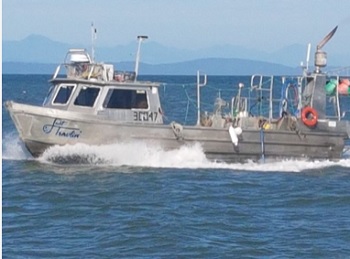
British Columbia: Steveston-based fisher says industry faces uncertain future amid Coronavirus
Some B.C. fishers may be forced out of the industry if they aren’t able to earn enough income this year, according to Steveston-based fisherman Justin Taylor. As domestic and foreign demand fell dramatically in the wake of COVID-19, processing plants, which fishers directly supply, haven’t been able to sell to the restaurants and hotels that normally make up the bulk of the seafood market. As a result, prices are uncertain, and lower. “This is going to be a survival year for me and my crew, for sure,” he said. “When you’re facing 40 to 50 per cent price reductions, you really don’t know after expenses if there’s going to be much money actually pocketed…There’s a real risk of not making any money.” >click to read< 22:08
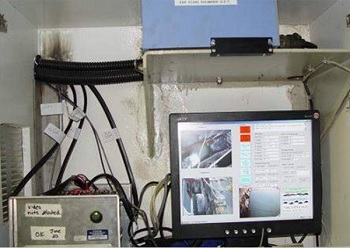
Coronavirus: DFO implements Emergency Electronic Monitoring (EM) Pilot Program to replace at-sea observers
In an April 14 fishery notice, DFO announced that the Emergency Electronic Monitoring (EM) Pilot Program was being implemented in the groundfish trawl fishery “effective immediately,” on the advice of the Groundfish Trawl Advisory Committee (GTAC). The EM pilot program will last for the duration of DFO’s April 2 Fishery Management Order suspending the at-sea observer requirement for 45 days to help protect the health of observers and fishers from the spread of the novel coronavirus. “Comprehensive, independent catch monitoring is an essential component of the groundfish trawl fishery’s management regime,” Girdler said. “In the absence of at-sea observers, EM may fulfill this need for comprehensive, independent catch monitoring on an interim basis.” >click to read< 09:13
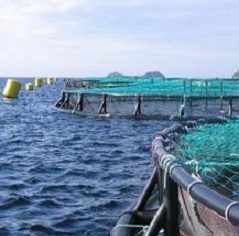
Nova Scotia: Cermaq abandons controversial fish farm expansion, could not find 15-20 sites needed
On Thursday, the Mitsubishi Corp. subsidiary said it could not find suitable locations for the 15 to 20 farm sites it needed to justify a move into the province. “Unfortunately, we were unable to locate enough sites at this time, and have made the decision to allow all of our options to lease to expire,” David Kiemele, managing director for Cermaq Canada,,, It also said it would not proceed without community support.The company said in the coming weeks it will wrap up the feasibility work and close its Guysborough office.,, Meanwhile, Cermaq competitor Cooke Aquaculture said Thursday it is proceeding with its plans to expand in Nova Scotia. >click to read< 13:08
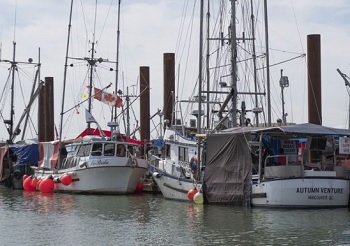
Coronavirus: B.C. commercial fishery amid sectors fearing COVID-19 current market fallout
B.C.’s seafood sector, currently strike by a collapse in exports to Asia for the reason that of COVID-19 all through the new Lunar New Yr, is bracing for the probability of cafe and grocery retail outlet closures alongside the U.S. West Coast due to the fact of the pandemic. The worthwhile halibut fishery is due to open up March 20 in B.C. and that capture is “almost entirely marketed to white tablecloth dining establishments from Vancouver to San Diego down the I-5 corridor,” said Christina Burridge, executive director of the B.C. Seafood Alliance. more, >click to read< 10:03
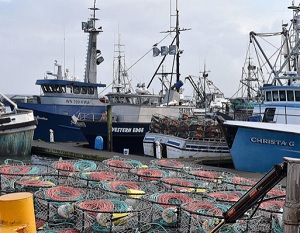 Crab, oyster exports to China down as coronavirus impacts trade – “My company is about 70% export,” said Ken Wiegardt of Wiegardt Brothers Inc., an oyster producer in Nahcotta that operates under the trade name Jolly Roger. The virus “has certainly taken a big chunk” out of his orders this year, he said. China is not accepting shipments of live food, including shellfish and crab. more, >click to read< 11:21
Crab, oyster exports to China down as coronavirus impacts trade – “My company is about 70% export,” said Ken Wiegardt of Wiegardt Brothers Inc., an oyster producer in Nahcotta that operates under the trade name Jolly Roger. The virus “has certainly taken a big chunk” out of his orders this year, he said. China is not accepting shipments of live food, including shellfish and crab. more, >click to read< 11:21
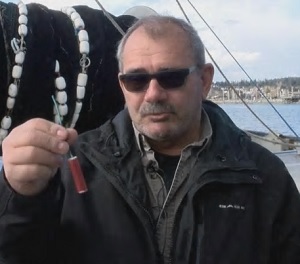
B.C. Herring fisherman charged with tossing a ‘bear banger’ to disperse group of sea lions last year
Herring fisherman Allen Marsden is facing three counts under the Fisheries Act and Explosives Act for tossing a small, explosive device known as a “bear banger” from his boat toward the crowd of animals on March 4, 2019. Fishers and Oceans Canada (DFO) confirmed the charges Wednesday but declined to comment further.,,, “We’re not out there trying to kill the sea lions. We’re not out there looking for sea lions. We’d rather if they weren’t here,” said Marsden. Marsden added the explosive was needed to ensure the safety of fishermen. He said he’d personally been bitten in the past. Video, (I cheered!) >click to read< 17:50

MP Rachel Blaney: Trudeau government breaks promise to remove fish farms by 2025
She says they’re backpedalling on an election promise to remove British Columbia’s open net salmon farms in five years’ time. “Sadly, it doesn’t surprise me,” Blaney says. “I think about how many promises they’ve made to our region and not followed through and this seems like another one.” This is a trend she’s noticed again and again. “They say one thing and then they do another and people are left not knowing.,, DFO is still playing a dual role as “the protector of wild salmon,, “But, they’re also supposed to promote fish farming. >click to read< 11:32

Fish farms not worth damage they’ll do
I have lived in Tiverton my whole life. I am a lobster fisher. I am very concerned about the effect that fish pens proposed by Cermaq will have on St. Mary’s Bay. I have environmental, economic and community concerns. I have been told approximately 25 acres of prime lobster bottom is being taken away from us by each of these salmon pens. We don’t have a groundfish fishery anymore. Lobsters are what sustain our way of life. These pens are proposed to go where I have always caught the majority of my lobster, and that could displace me from my job, by Sheldon Dixon, >click to read< 11:10

Fishery Mismanagement?: Research suggests DFO worsened impact of salmon fishery crisis
Unifor has released a new report that says artificially low catch limits over the past 25 years pushed the West Coast salmon fishing industry to the brink, leaving it unable to cope with the 2019 crisis. “The federal government created a commercial fishing economy so precarious that when the salmon collapsed this year, the industry went with it,” said Jerry Dias, Unifor National President. “Commercial salmon fishing may never recover.” >click to read< and to read A Report to Governments on the 2019 Salmon Season >click here< 13:18
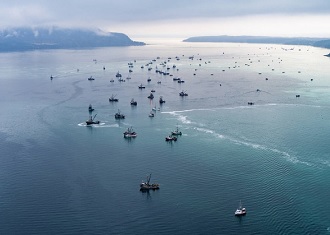
Opponents call for closure of herring fishery in Strait of Georgia
A Fisheries and Oceans Canada (DFO) management plan for herring recommends a 20 per cent harvest in the Strait of Georgia. Opponents say the harvest rate has contributed to a 60 per cent decline in the population size since 2016. The roe fishery is slated to open early March, pending approval of the Integrated Fisheries Management Plans from the director general of the Pacific Region. >click to read< 09:41






